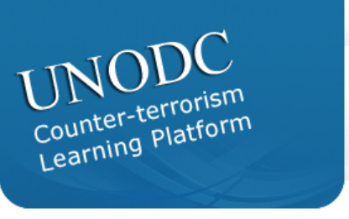Useful tools for international cooperation
in the fight against terrorism
The standardized forms facilitate the drafting of requests for mutual legal assistance and extradition and their harmonization at the regional level.
This manual aims to assist law-enforcement officials specialized in counter-terrorism in taking efficiently and quickly advantage of international cooperation tools, such as extradition and mutual legal assistance, and in providing them with practical advice on how to deal with the issues and obstacles they might encounter.
This guide aims to provide practitioners in the region with the necessary information to draft a request for extradition and mutual legal assistance for member states of the Sahel Judicial Cooperation Platform. The guide indicates to the requesting States the key elements required by the requested States, including: the competent authority, the applicable procedure, the information and documents required, the legal bases and the language in which the request is to be written.
This guide aims to provide practitioners with the necessary information to draft a request for extradition and mutual legal assistance for member states of the MATF. The guide indicates to the requesting States the key elements required by the requested States, including: the competent authority, the applicable procedure, the information and documents required, the legal bases and the language in which the request is to be written.
A manual on the legal framework for the fight against terrorism, investigative techniques and police cooperation (available in French only): a training module (2012) aimed at strengthening the capacity of judicial police officers from Burkina Faso, Mali, Mauritania and Niger in the field of investigation and cooperation.
Two training modules (French only) to be integrated into the curricula of the police and gendarmerie schools in Mali and Niger have also been developed. The modules contain chapters on the legal framework for combating terrorism specific to the two countries, investigative techniques and international judicial and police cooperation.
This database aims to provide comprehensive and precise legal information on measures adopted by both the international community and States individually to combat terrorism and transnational organized crime. It contains regularly updated information on these phenomena through national conventions, resolutions and criminal laws, which may be useful to countries in the context of international judicial cooperation.

An interactive UNODC tool is specifically designed to help criminal justice stakeholders build their capacity in the field of counter-terrorism, including judicial cooperation.
For more information and access to all these tools, please visit the UNODC website :
[popup_anything id=”707″]